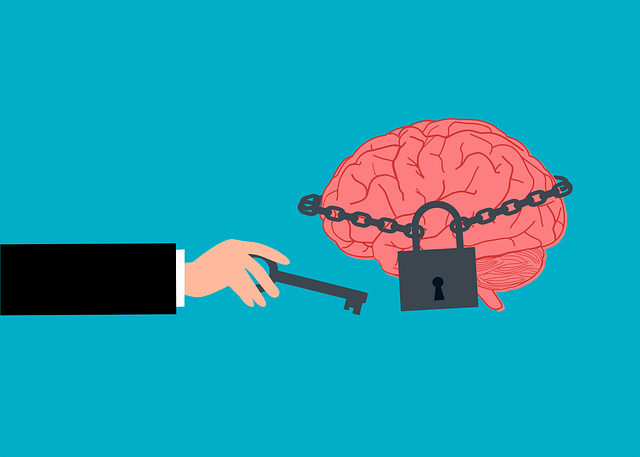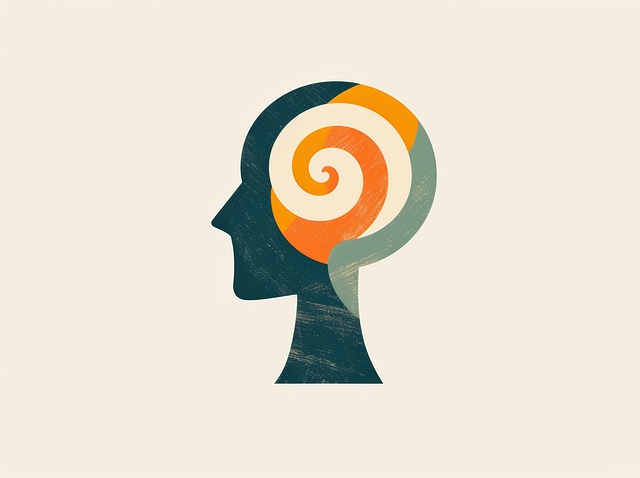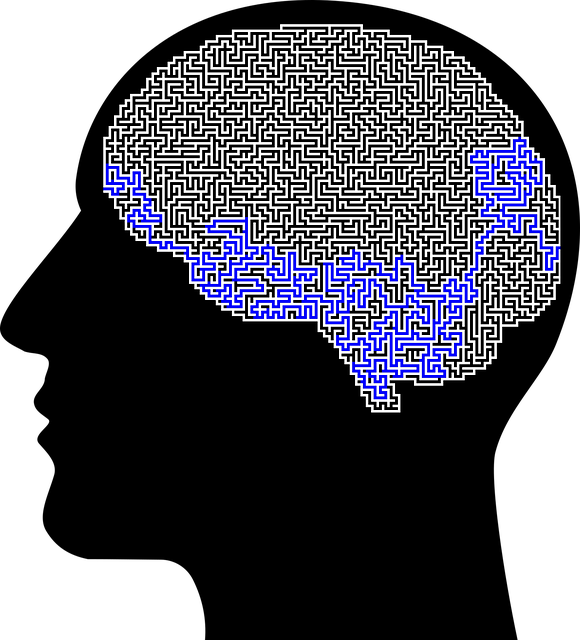Castle Rock Cognitive Processing Therapy (CPT) is an effective approach to mood regulation that focuses on identifying and changing negative thought patterns. By empowering individuals with improved self-awareness, communication strategies, and emotional intelligence, CPT enables them to develop healthier coping mechanisms. Key components include introspecting to uncover triggers and patterns, challenging distorted thoughts, implementing self-care routines, and participating in community outreach programs. Building healthy habits like regular exercise and mindfulness techniques complements CPT, offering robust tools for managing anxiety and improving overall mental health.
“Mood regulation is a vital skill, especially in today’s fast-paced world. This article explores effective strategies for managing emotions, offering a comprehensive guide to achieving emotional balance. We delve into the power of cognitive processing therapy, highlighting its role in understanding and transforming negative thought patterns. By identifying triggers and implementing behavioral changes, one can build resilience.
Additionally, we explore mindfulness techniques to cultivate a peaceful ‘castle rock’ mind, where relaxation becomes a robust tool for navigating life’s challenges.”
- Understanding Mood Regulation: The Role of Cognitive Processing Therapy
- Identifying Triggers and Patterns: A Foundation for Effective Strategies
- Cognitive Techniques: Challenging Negative Thoughts and Beliefs
- Behavioral Approaches: Building Healthy Habits for Emotional Balance
- Integrating Mindfulness and Relaxation: Finding Calm in the Castle Rock of Your Mind
Understanding Mood Regulation: The Role of Cognitive Processing Therapy

Understanding Mood Regulation: The Role of Castle Rock Cognitive Processing Therapy
Mood regulation is a complex process that involves managing and stabilizing emotional states to achieve optimal well-being. Among various therapeutic approaches, Castle Rock Cognitive Processing Therapy (CPT) stands out as an effective method for addressing mood disorders. CPT focuses on identifying and changing negative thought patterns and behaviors that contribute to emotional distress. By facilitating better understanding of one’s thoughts, feelings, and behaviors, this therapy empowers individuals to develop healthier coping mechanisms.
Incorporating communication strategies, self-care routine development for better mental health, and emotional intelligence are integral parts of CPT. Through these means, individuals learn to challenge distorted thinking, improve problem-solving skills, and enhance their ability to regulate emotions effectively. By fostering a deeper connection between thoughts and feelings, Castle Rock Cognitive Processing Therapy offers a comprehensive framework for achieving more stable moods and improved overall mental health.
Identifying Triggers and Patterns: A Foundation for Effective Strategies

Identifying triggers and patterns is a fundamental step in mood regulation strategies. By understanding what sets off our emotional responses, we can begin to unravel the complex web of factors influencing our mental health. This process involves introspecting and becoming more attuned to our thoughts, feelings, and behaviors. Castle Rock Cognitive Processing Therapy (CPT) offers a structured approach to this self-discovery, helping individuals identify negative thought patterns and the triggers that set them off. CPT encourages active participation in therapy sessions, fostering an environment where clients learn to recognize their emotional cues and underlying causes.
This awareness is crucial for implementing effective mood regulation strategies. Once triggers and patterns are identified, individuals can develop tailored techniques to promote self-esteem improvement and emotional well-being promotion. Moreover, understanding these dynamics enables the exploration of emotional healing processes, allowing people to navigate and transform their emotional landscapes. Through this foundational work, individuals gain valuable insights, empowering them to manage their moods more effectively.
Cognitive Techniques: Challenging Negative Thoughts and Beliefs

Cognitive Techniques, such as Castle Rock Cognitive Processing Therapy, offer a powerful tool for mood regulation by challenging and changing negative thought patterns and beliefs. This involves identifying distorted or unhelpful thoughts, evaluating their validity, and replacing them with more realistic and positive alternatives. By doing so, individuals can gain a healthier perspective on themselves, their experiences, and the world around them, leading to improved emotional well-being.
Self-Awareness Exercises play a crucial role in this process, helping individuals recognize triggers for negative thoughts and beliefs. With increased self-awareness, people can proactively manage their emotions and develop coping strategies tailored to their unique needs. Moreover, Community Outreach Program Implementation can facilitate access to support networks, enhancing the effectiveness of cognitive techniques for anxiety relief and promoting overall mental health.
Behavioral Approaches: Building Healthy Habits for Emotional Balance

Building healthy habits is a cornerstone of behavioral approaches to mood regulation. This involves adopting routines that support emotional balance and mental well-being. For instance, Castle Rock Cognitive Processing Therapy (CRCPT) emphasizes the role of consistent self-care practices in managing anxiety and improving mood. Techniques such as regular exercise, adequate sleep, and structured meal plans are integral to this strategy, as they help regulate neurotransmitters and promote a sense of stability.
Incorporating these habits into daily life can be transformative. A well-structured self-care routine acts as a shield against emotional turmoil by fostering resilience. This is particularly beneficial in managing stress and preventing anxiety from escalating. By prioritizing mental health through such practices, individuals can create a solid foundation for more effective mood management and anxiety relief.
Integrating Mindfulness and Relaxation: Finding Calm in the Castle Rock of Your Mind

In today’s fast-paced world, finding moments of calm can feel like navigating a labyrinthine castle rock. However, integrating mindfulness and relaxation techniques offers a powerful strategy for mood regulation, akin to Castle Rock Cognitive Processing Therapy. By focusing on the present moment and cultivating awareness, individuals can begin to understand and manage their emotional responses more effectively. Mindfulness practices, such as meditation or deep breathing exercises, allow one to step back from anxious thoughts and stressful situations, enabling them to process emotions in a healthier manner.
This approach not only enhances stress reduction methods but also facilitates coping skills development. As individuals learn to observe their thoughts without judgment, they gain valuable insights into their emotional triggers, making it easier to navigate challenging situations. Moreover, integrating relaxation techniques can lead to improved social skills training, as calmness fosters better communication and connection with others. Ultimately, these practices help to transform the castle rock of one’s mind into a sanctuary of peace, where emotional resilience can flourish.
Incorporating various mood regulation strategies, including cognitive processing therapy, identifying triggers, cognitive techniques, behavioral approaches, and mindfulness practices, empowers individuals to navigate their emotional landscape effectively. By understanding the interconnectedness of these methods, one can create a robust toolkit for managing moods, especially in challenging situations. Just as the castle rock serves as a sturdy foundation for a fortress, integrating these strategies provides a solid base for emotional resilience and overall well-being, enabling folks to thrive amidst life’s ups and downs.














